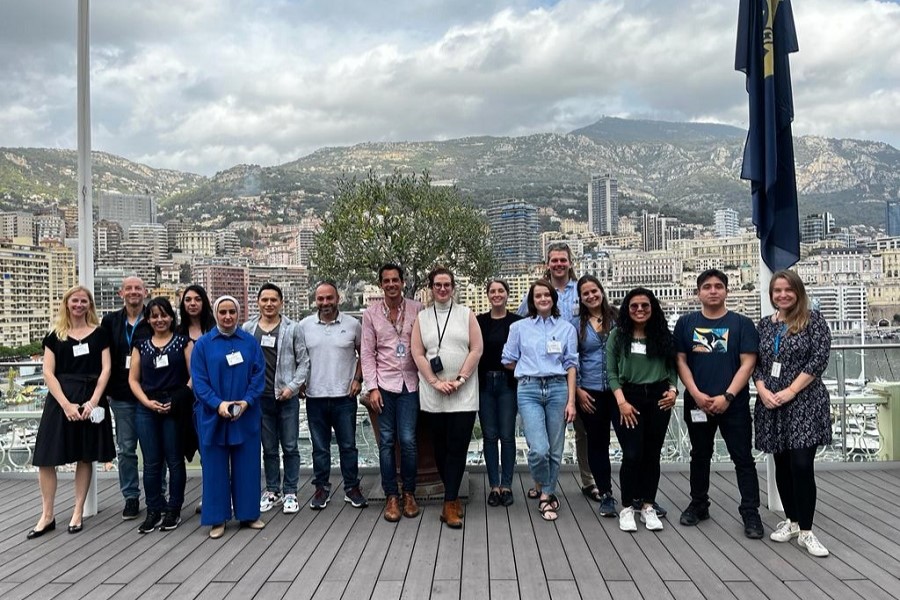Want to work in one of the region’s winter wonderlands? Jobseekers have until Friday 11th November to apply for a range of seasonal jobs in the Alpes-Maritimes ski stations.
Keen applicants in the Alpes-Maritimes département have until Friday 11th November to upload their CV for a range of jobs offered by 42 employers. Available posts include: sales, hotel and restaurants positions in Valberg; a number of varied hospitality roles in Auron; piste and ski lift-associated posts in Roubion; and shop staff positions in the towns of Clans and Beuil.
If their profile attracts the attention of the employer, the applicant will be contacted within a few days for a telephone or online interview.
It is the first time ever that the Pôle Emploi has hosted an online jobs forum for skiing destinations not only in the south of France, but also throughout the country’s iconic Alps. It offers jobseekers a quick and easy way to connect with potential employers without having to travel to the mountainous resorts.
An additional jobs fair for posts in the Alpes du Sud, which covers resorts such as Serre Chevalier, Montgenèvre, Risoul and Vars, is open for applications until Saturday 26th November.
For more information and to explore the work opportunities, please visit the online portal by clicking here.
Photo source: Karsten Winegeart for Unsplash

